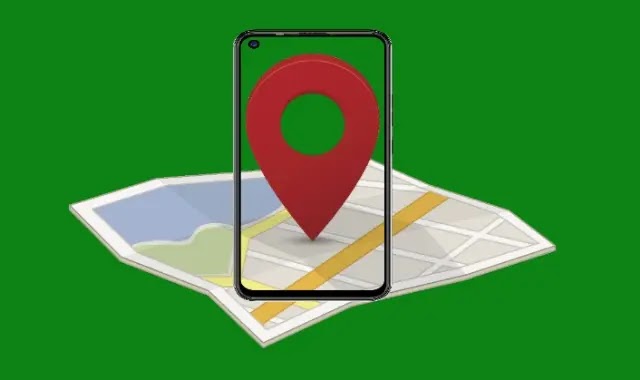Discovering a Phone's Location Using SIM Card Number
Outline:
Let's Write a Blog Post That Will Rank on Google: Discovering a Phone's Location Using SIM Card Number
In today's digital age, the ability to track a phone's location has become increasingly important. Whether you're concerned about your personal security or need to locate a lost or stolen phone, having the knowledge and tools to track a device can be invaluable. One method that can assist in pinpointing a phone's whereabouts is by utilizing the SIM card number associated with it.
How Does SIM Card Tracking Work?
Before delving into the intricacies of SIM card tracking, let's first understand the basic concept of a SIM card. A Subscriber Identity Module (SIM) card is a small, removable chip that is inserted into a mobile phone. It serves as a unique identifier for the device and contains essential information such as the phone number and network provider details.
When it comes to tracking a phone using its SIM card number, the process involves leveraging the SIM card's unique identification number. This number, also known as the ICCID (Integrated Circuit Card Identifier), is a string of digits specific to each SIM card. By accessing the mobile network's infrastructure and databases, it becomes possible to link this ICCID to the corresponding device and determine its location.
Benefits of Tracking a Phone's Location Using SIM Card
The ability to track a phone's location using its SIM card offers several benefits. Firstly, it significantly enhances personal security and safety. In emergency situations or potentially dangerous scenarios, being able to quickly locate a device can aid in ensuring the well-being of the phone's owner.
Furthermore, tracking a phone via SIM card can assist in recovering lost or stolen devices. By providing the necessary information to law enforcement authorities or mobile network operators, the chances of retrieving the phone increase substantially. This not only protects the owner's investment but also safeguards any sensitive data stored on the device.
Legal and Ethical Considerations
While the prospect of tracking a phone's location may seem advantageous, it is crucial to address the legal and ethical considerations associated with this practice. Privacy concerns come to the forefront, as tracking someone's phone without their knowledge or consent may infringe upon their privacy rights.
In many jurisdictions, obtaining explicit consent from the phone's
owner is necessary before initiating any tracking activities. It is essential to understand and abide by the local laws and regulations regarding phone tracking to ensure compliance and ethical use of such technology.
Methods of Tracking a Phone's Location with a SIM Card
Several methods exist for tracking a phone's location using its SIM card. One option is to seek assistance from the mobile network provider directly. They possess the necessary infrastructure and databases to determine the location of a device based on its SIM card number.
Alternatively, there are third-party tracking services available that specialize in phone location tracking. These services often offer additional features such as geofencing and real-time location updates. It is important to thoroughly research and choose a reputable service provider to ensure the security of personal data and maintain privacy.
Additionally, modern mobile operating systems, such as iOS and Android, include built-in features for tracking a phone's location. By enabling and configuring these features, users can leverage the SIM card number for locating their device if it goes missing.
Steps to Track a Phone Using SIM Card Number
Challenges and Limitations of SIM Card Tracking
While tracking a phone's location using its SIM card number can be useful, it is important to acknowledge the challenges and limitations associated with this approach. One significant limitation is the potential inaccuracy of the location data provided. Factors such as signal strength, network coverage, and environmental conditions can affect the precision of the tracked location.
Additionally, SIM card tracking relies on the availability of mobile network infrastructure. In remote areas or regions with limited network coverage, the effectiveness of this method may be diminished.
Best Practices for SIM Card Tracking
Conclusion
Tracking a phone's location using its SIM card number can be a valuable tool in various situations, from enhancing personal safety to recovering lost or stolen devices. By understanding the fundamentals of SIM card tracking, the available methods, and the associated challenges, individuals can make informed decisions about utilizing this technology responsibly and effectively.



